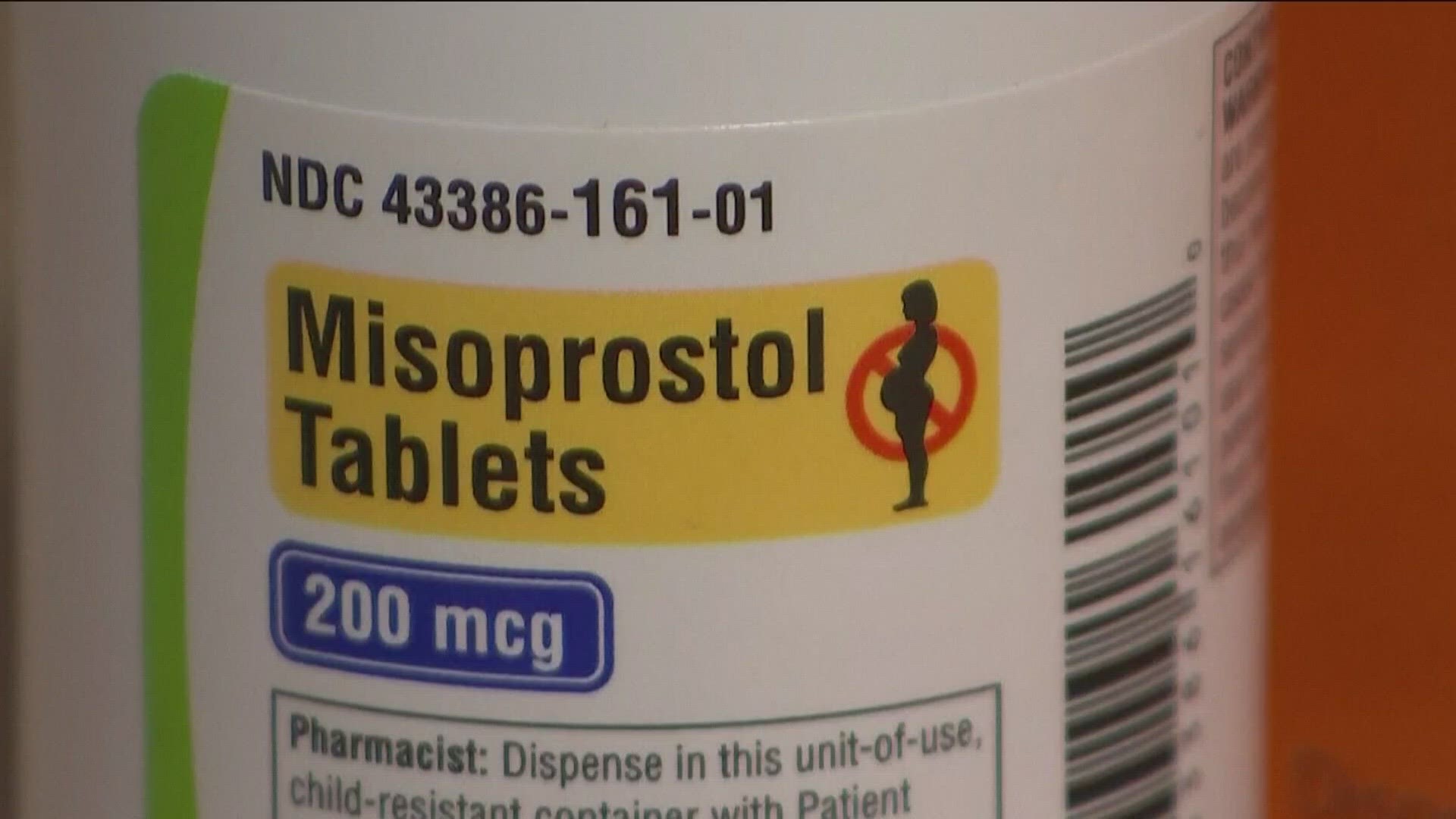ATLANTA — The legal status of abortion pills faces a new uncertainty after a federal court in Texas last week upended the pills' longstanding regulatory status with a ruling that said the FDA improperly approved the drug back in 2000.
The pills, which have been confirmed as safe by dozens of studies over the last few decades, were not immediately made illegal - with the judge initially delaying his own order.
In the last week, more court decisions have come up that continue the push-and-pull at the legal status of abortion pills.
Here's how Georgia fits in.
The question
Are abortion pills still legal in Georgia?
The sources
- Alliance for Hippocratic Medicine, et al. v. U.S. Food and Drug Administration, the lawsuit challenging abortion pills' approval by the FDA.
- April 7, 2023 ruling by Judge Matthew J. Kacsmaryk in the U.S. District Court for the Northern District of Texas
- Amicus brief joined by State of Georgia in support of the lawsuit challenging abortion pills' legality.
- April 12, 2023 ruling by the U.S. Fifth Circuit Court of Appeals in New Orleans
The answer
Yes, abortion pills are still legal for now under the Fifth Circuit's ruling, though not to the same extent they were before these court decisions.
The Biden administration has appealed that ruling and is seeking a temporary order from the Supreme Court that would preserve the status quo on abortion pills as they existed before the recent court decisions.
What we found
Here's a basic rundown of the legal battle that's unfolded in the last week:
- Last Friday, a Texas federal court decision invalidated the FDA's approval of abortion drug mifepristone which had been in place for more than two decades, with a judge effectively ruling that approval was improperly made "based on plainly unsound reasoning and studies that did not support its conclusions."
- The judge stayed his own order, delaying it taking effect for seven days.
- The Biden administration appealed.
- Following that, a federal court in Washington countered the ruling with an order that the Texas ruling does not apply in 17 states plus Washington, D.C. That coalition had quickly sued to keep mifepristone legal in their jurisdictions.
- Georgia, however, is not among those states. Georgia is part of a coalition that filed a brief to the Fifth Circuit in support of the Texas ruling before the Fifth Circuit heard the appeal.
- Georgia and the other states argue, among other things, that the FDA's approval of mifepristone undermines and undercuts enforcement of their new laws banning abortion at varying stages, which they were allowed to enact after the overturning of Roe v. Wade.
- The Fifth Circuit ruling Wednesday night sort of split the difference, keeping abortion pills broadly legal in a temporary order before the full appeal of the Texas ruling is heard.
The Fifth Circuit ruling is the most relevant ruling at this point, being the most recent and from the highest court to so far issue an order.
The ruling upheld the FDA's original approval of mifepristone back in 2000, based on statute of limitations reasoning, but said certain expansions in access approved by the FDA - alterations to the drug's post-approval restrictions known as "REMS" - that have occurred since 2016 can be blocked.
Some of those expansions include availability by mail shipment or through prescription via telehealth providers.
Another, crucial one is that the drug was initially approved for use through 49 days of pregnancy. In 2016 the FDA increased that range up to 70 days - the Fifth Circuit ruling reverts the time period back to 49 days.
For the full range of FDA decisions on mifepristone since 2016 that have now been rolled back, see Page 5 and the beginning of Page 6 of the Fifth Circuit's ruling here.
What's next
The new regulatory structure as outlined by the Fifth Circuit ruling will take effect on Saturday unless the Supreme Court issues its own temporary order.
(UPDATE: The U.S. Supreme Court has issued an administrative stay - which is a procedure to put the ruling on hold - until the end of next Wednesday, April 19.)
The Fifth Circuit, meanwhile, needs to hear the full case, and presumably at some point a ruling from that court would result in an appeal to the Supreme Court for a hearing on the full case (should the Supreme Court decide to take the case).

